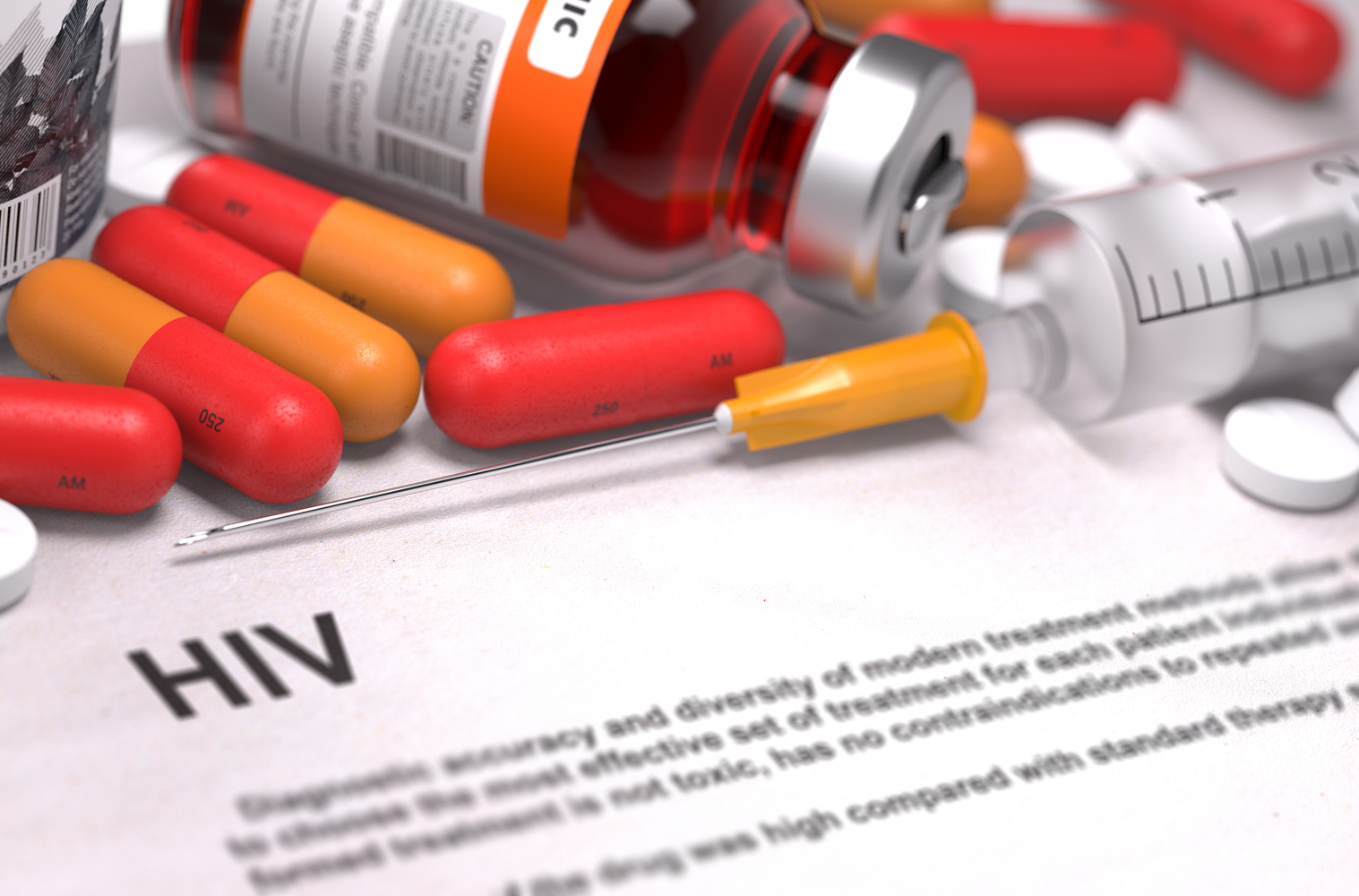
6 Symptoms of HIV
Human immunodeficiency virus (or HIV) is a disease that attacks the immune system. When untreated, HIV kills the CD4 cells exposing the body to serious health conditions and extreme levels of cancer. The virus is transmitted to the body through bodily fluids such as blood, breast milk, semen, vaginal and rectal fluids. HIV progresses in three stages:
- Acute stage, which is the first few weeks following transmission
- Clinical latency stage
- AIDS
Progression of HIV from the acute stage to AIDS (or acquired immunodeficiency syndrome) varies from one person to the other depending on one’s adherence to treatment and lifestyle choices. The early stages of HIV come with flu-like symptoms called an acute retro-viral syndrome. These symptoms appear within the first one or two months of infection and could sometimes appear within two weeks. The symptoms often disappear between one week and a month, the reason why they are misinterpreted as other viral infections. It is important to go testing immediately if you believe you’ve been exposed to HIV, or if you experience any of the following symptoms:
1. Fever
This is one of the first symptoms you might experience. It is backed up by other symptoms such as a sore throat, swollen lymph glands, and fatigue. It results from the process of the virus infiltrating the bloodstream and replicating in multiple numbers causing an inflammatory reaction in the body. This first stage is when you are highly infectious because the virus is not under any control whatsoever.
2. Headache and fatigue
This is the body’s inflammatory response to the weighed down immune system causing you to feel unnecessarily tired and sluggish. This type of headache is quite persistent and often results from a low CD4 count.
3. Sore throat or thrush
You can experience a severe sore throat accompanied by an intense dry cough that is unresponsive to medication such as inhalers and antibiotics. This kind of sore throat and dry cough can last for a period of weeks or even months.
4. Swollen lymph nodes and rash
Lymph nodes are bound to react to the virus because they are part of the immune system. Their essence is to protect the blood by eliminating bacteria and viruses. Any infection will cause inflammation making them areas they are located swell such as the armpit, neck, or groin. This is an infection on the skin causing itchiness, purpleness and redness. A HIV-rash appears like a somewhat raised area of the skin and usually occurs on your face, feet, or hands.
5. Muscle aches and pains
HIV can cause arthritis and osteoporosis that causes pain in the joints, bones, and muscles.
6. Night sweats
Night sweats from an HIV infection are intense sweating that soaks the beddings at night, often a side effect resulting from the high fever.
The above symptoms do not automatically conclude that you have HIV infection, they can result from other medical conditions. However, it is important not to dismiss and do a blood test. The sooner you confirm your HIV status the better, to implement preventive or treatment measures. Go to testing at a medical facility or use the at home STD test kit that is available in many pharmacies at a cost-friendly price. If you believe you’ve been exposed, it is important to do a test regardless of whether you have experienced the symptoms of HIV or not.


